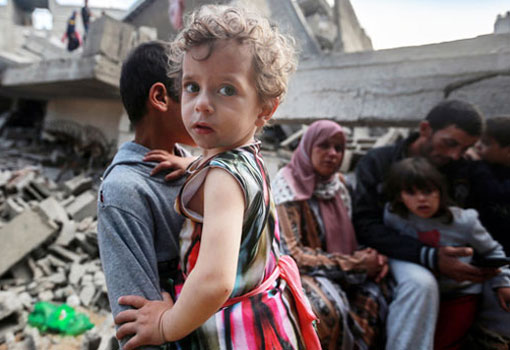In a world brimming with disparities, where socioeconomic gaps seem insurmountable, the role of charity stands as a beacon of hope, striving to bridge these divides. Within the tapestry of philanthropy, Islamic charity emerges as a vibrant thread, weaving together compassion, faith, and community solidarity. But what impact does Islamic charity truly wield on social equality? Join us as we embark on a journey to unravel this intricate web of benevolence and its profound implications.
The Foundation of Islamic Charity: A Pillar of Faith

At the core of Islamic teachings lies the principle of zakat, one of the Five Pillars of Islam. Zakat, an obligatory form of almsgiving, serves as a tangible expression of faith, emphasizing the importance of compassion and solidarity within the Muslim community and beyond. But its significance transcends mere religious duty, resonating deeply with the ethos of social justice and equity.
Zakat: Empowering the Marginalized
- Zakat redistributes wealth from the affluent to the disadvantaged, fostering economic empowerment and social inclusion.
- Through Zakat, communities address systemic inequalities by providing essential services such as healthcare, education, and housing for those in need.
- By alleviating poverty at its roots, Zakat paves the way for sustainable development, empowering individuals to break free from cycles of deprivation.
Nurturing Compassion: The Spirit of Sadaqah

Beyond Zakat, another form of Islamic charity, known as Sadaqah, embodies the spirit of voluntary giving driven by compassion and empathy. Unlike Zakat, which carries specific guidelines, Sadaqah knows no bounds, offering individuals the freedom to extend kindness in myriad forms.
Sadaqah Jariyah: Planting Seeds of Change
- Sadaqah Jariyah, or continuous charity, yields perpetual rewards, as every act of kindness resonates across generations.
- From building schools and hospitals to digging wells and planting trees, Sadaqah Jariyah leaves a lasting legacy, enriching communities for years to come.
- By investing in projects that address systemic challenges, Sadaqah Jariyah becomes a catalyst for long-term transformation, promoting social equality in its wake.
From Local Initiatives to Global Outreach: The Reach of Islamic Philanthropy

While rooted in local communities, Islamic charity transcends geographical boundaries, extending its benevolent embrace to the far corners of the globe. From grassroots initiatives to international relief efforts, these endeavors exemplify the universal values of compassion and solidarity.
Humanitarian Aid: Responding to Crisis
- Islamic charities play a pivotal role in humanitarian response, offering aid and relief to communities ravaged by conflict, natural disasters, and poverty.
- Through initiatives such as emergency relief camps, food distribution programs, and medical missions, Islamic charities provide a lifeline for the most vulnerable populations.
- By standing in solidarity with the marginalized and disenfranchised, Islamic charities uphold the principles of social justice on a global scale, fostering empathy and understanding across cultures.
FAQs: Unveiling Common Misconceptions
Q: Does Islamic charity exclusively benefit Muslims? A: Not at all! Islamic charity, rooted in the principles of compassion and solidarity, extends its support to people of all faiths and backgrounds, prioritizing need over religious affiliation.
Q: Is Zakat the only form of Islamic charity? A: While Zakat holds a special significance in Islam, Sadaqah, or voluntary charity, offers individuals the opportunity to extend kindness in various forms, ranging from monetary donations to acts of service.
Q: How can non-Muslims contribute to Islamic charities? A: Non-Muslims can support Islamic charities through donations, volunteer work, or spreading awareness about their initiatives. Compassion knows no bounds, transcending religious barriers to create a more inclusive and equitable world.
Conclusion: Paving the Path to Social Equality
In the tapestry of humanity, Islamic charity emerges as a vibrant thread, weaving together compassion, solidarity, and hope. From the humble act of giving alms to the far-reaching impact of humanitarian relief efforts, the influence of Islamic charity on social equality reverberates across communities worldwide. As we navigate the complexities of a rapidly changing world, let us heed the call to compassion, embracing the transformative power of charity to build a more just and equitable society for all. What Impact Does Islamic Charity Have on Social Equality? It is the ripple effect of kindness, shaping our collective destiny one act of generosity at a time.


